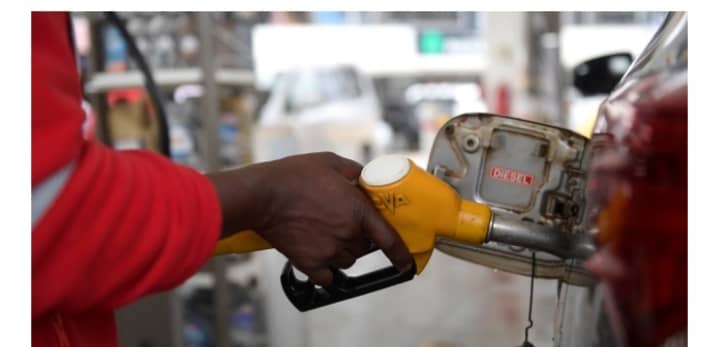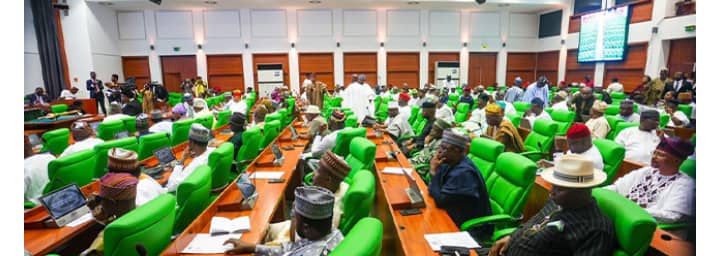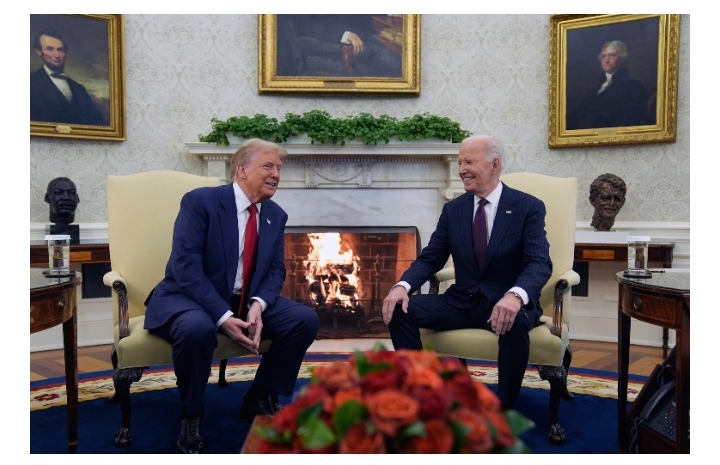I Think We Should Suspend Vat On Diesel —-Presidential Tax Committee Chairman
Oyedele, has proposed a bold solution to mitigate the impact of removing the petrol subsidy. In a recent statement, he recommended the suspension of Value Added Tax (VAT) on diesel. This move aims to alleviate the financial burden on consumers who heavily rely on diesel for various purposes.
The suggestion comes at a time when the removal of petrol subsidies has caused public outcry due to the resultant increase in fuel prices. Oyedele believes that by suspending VAT on diesel, the government can provide some relief to the masses who are already grappling with rising costs.
The rationale behind this proposal is simple: diesel is a crucial energy source for many sectors, including transportation, agriculture, and manufacturing. By exempting it from VAT, the government can ease the financial strain on businesses and individuals alike. Such a measure would have a positive cascading effect on the overall economy, encouraging growth and productivity.
Oyedele’s recommendation should not be taken lightly, as he is a respected authority on tax policy and fiscal reforms. As the Chairman of the Presidential Committee on Tax Policy, his expertise and insights carry weight. It is essential for policymakers to consider his proposal seriously and assess its potential benefits.
The implementation of this suggestion would require careful planning and coordination. The government must evaluate the potential loss in tax revenue and explore alternative sources to compensate for it. However, the long-term benefits of this move could outweigh the short-term drawbacks, fostering a more sustainable and inclusive economy.
In conclusion, Taiwo Oyedele’s proposal to suspend VAT on diesel is a compelling solution to alleviate the impact of petrol subsidy removal. By providing relief to consumers and businesses heavily reliant on diesel, the government can support economic growth and productivity. Policymakers should give serious consideration to this recommendation, weighing its potential benefits against the challenges of implementation. Ultimately, the goal should be to create a more resilient and equitable economy for all.






